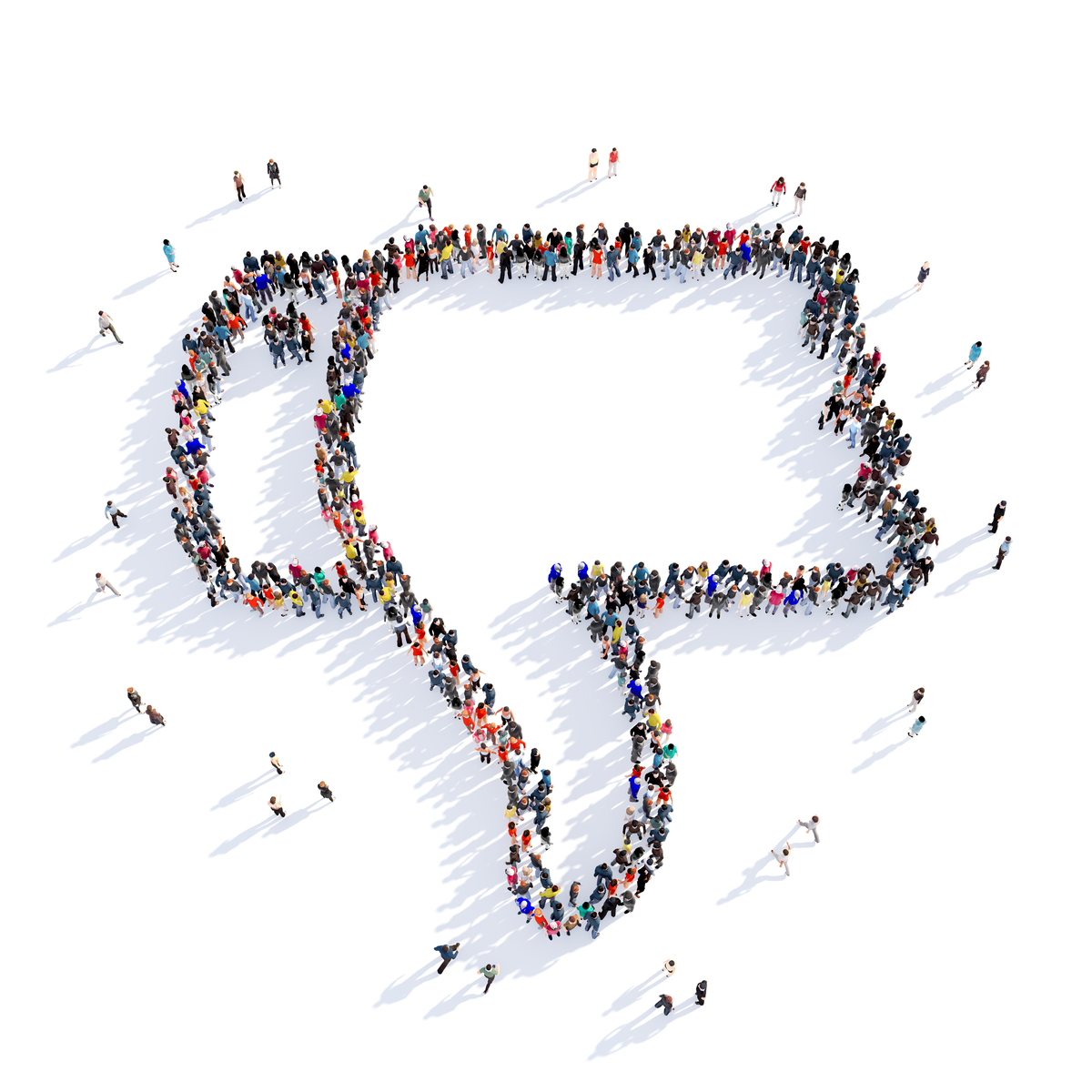We all survived the Great Facebook Blackout of 2021, barely. When some of Facebook’s servers crashed on October 4, 2021, more than mindless scrolling was halted. For six hours 3.5 billion users were unable to access Instagram, WhatsApp, or Facebook. Millions of businesses weren’t able to reach potential customers, government officials were unable to communicate, those in need weren’t able to reach out for help, and countless baby photos were left unliked.
While some were happy for the social reprieve and felt more productive, billions frantically refreshed their feeds revealing the significant role the company plays in our digital and real lives.
Things were more dire around the world
In India, Latin America and Africa Facebook is essentially a public utility as it’s generally cheaper than a phone call. Recent surveys show that WhatsApp is installed on 99% of smartphones in Brazil. India is the biggest market for the messaging app globally with 500 million WhatsApp users.
In Nigeria, the government relies on Facebook to inform the public after Twitter’s services were blocked. The Great Facebook Blackout silenced President Muhammadu Buhari’s communications team, government officials, and governors in 36 states for six hours.
Adrián Pascoe, a political consultant, told the New York Times “Small-town newspapers in Mexico cannot afford to print daily editions, so they publish on Facebook instead. Which has left local governments with no other option than to share their important announcements on Facebook as well.”
Cosas de Mujeres is a nonprofit in Colombia that uses WhatsApp to connect women who face domestic and emotional violence or are at risk of trafficking or sexual exploitation to lifesaving services. “Usually we have phone operators receiving messages from women all day via WhatsApp, but that was not possible, and women could not contact us,” Alex Berryhill, the director of digital operations for the group told the New York Times. “Because we have a field team, we were able to mitigate some of the more serious risks. But that might not have been the case for hundreds of other hotlines around the world. Today was a big reminder: Technologies are tools, not solutions.” she continued.
Thinking ahead
How are these technology tools serving you? Was your business impacted by the Great Facebook Blackout?
As a social media marketing agency, we were forced to examine this tool and ask, “What would we do if Facebook was no longer?” How would you communicate with your customers without Facebook, Instagram, and WhatsApp? Could your company survive without those social platforms? Do you have the tools and experience to develop a solution?
Places that were once used for sharing food photos and life updates are now critical platforms for political campaigns, social activism, scheduling appointments, and selling goods and services. The Great Facebook Blackout quickly revealed that most businesses and brands are lacking a dynamic marketing strategy. Our agency can help you develop a dynamic marketing plan that puts the power back in your hands.
So what happened you ask? In a statement, Facebook’s vice-president of infrastructure, Santosh Janardhan, said that “configuration changes on the backbone routers that coordinate network traffic between our data centers caused issues that interrupted this communication”. Basically, human error.
Facebook has made many errors over the years and is often the last to admit it. The company was fined 225 million euros last month over WhatsApp data failings. In October 2018 The Information Commissioner’s Office (ICO) said Facebook had allowed a “serious breach” of the law after “losing control” of the data of a million users in England and Wales. The UK’s data protection watchdog fined Facebook its maximum penalty of £500,000 for its role in the Cambridge Analytica scandal.
In the United States, the company was accused of being a monopolist that acquired Instagram and WhatsApp to secure its dominance. The Federal Trade Commission has filed an antitrust lawsuit against Facebook. Public opinion of the platform is changing as consumers begin to scrutinize and start moving to other platforms. How many of your customers are still on Facebook?
If the Great Facebook Blackout of 2021 taught us anything, it’s to be aware of where the bulk of your customers are. If you have a larger more engaged audience on another platform it’s time to adjust your marketing budget to reflect such.
It’s important to keep customer communication consistent on channels where you have more control like your website and newsletter. Regardless of what happens on social media platforms, these outlets give you direct access to your audience. The key is listening to your customer, which is one of the lessons that Facebook is struggling to learn.
The night before the world stopped scrolling Frances Haugen, more commonly known as the Facebook Whistleblower made her first public appearance on CBS’s 60 Minutes. With claims, the company profits from hate speech and continues to put profits before people. It looks like the company won’t make the needed changes unless forced.
As Facebook continues to face off with previous employees and international governments, business owners, government officials, and billions of other users wonder what they will do if these errors continue.
Our agency is skilled and equipped to promote your business in a variety of ways that bring positivity to your customers and add value to your brand.
In part two of the Great Facebook Blackout, we will unpack some of the internal research Haugen leaked and the scrutiny both Facebook whistle-blowers have attracted. As well as how social media is impacting the mental health of your employees and customers and the “frightening truth” about Facebook’s complacency.


